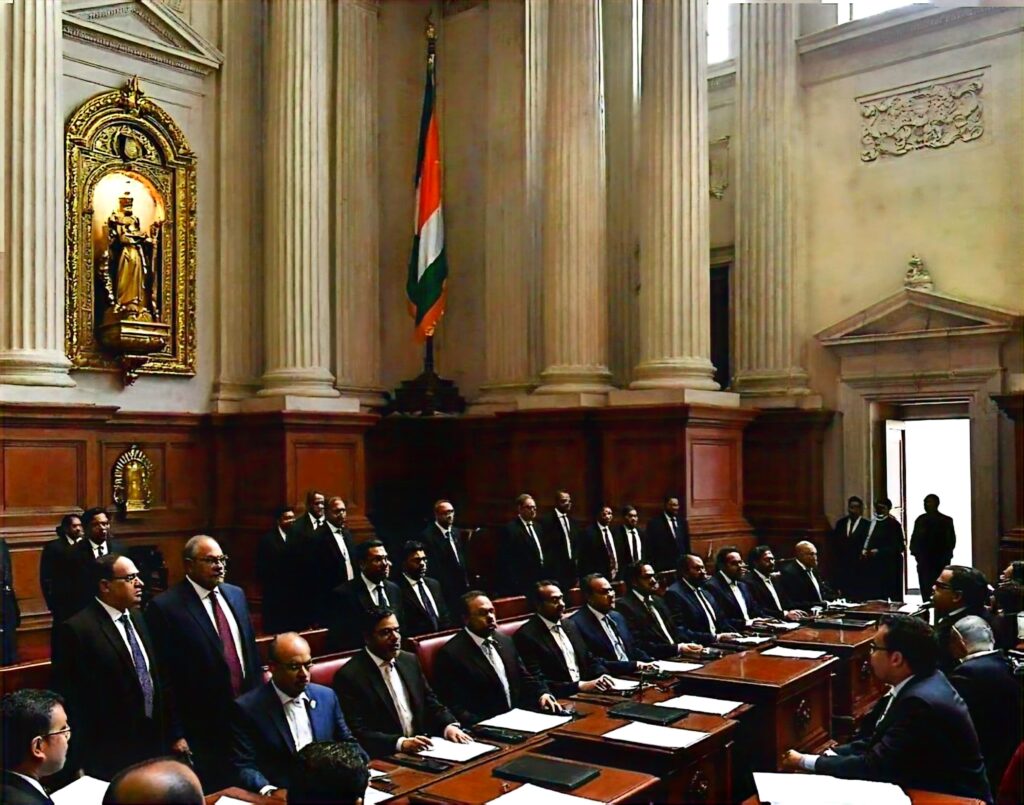Skip to content
Places of Worship Act 1991
Background of the Case
- Places of Worship Act 1991: This act maintains the religious character of places of worship as it was on August 15, 1947.
- Petitions Filed: Six petitions challenge the act, claiming it violates fundamental rights, particularly sections 2, 3, and 4.
- Petitioners’ Argument: The act is unconstitutional as it prevents reclaiming religious sites altered during Mughal rule.
Supreme Court’s Recent Decision
- Hearing by Special Bench: Led by Chief Justice of India Sanjeev Khanna, with Justices Sanjay Kumar and K.V. Vishwanathan.
- Key Ruling: No fresh suits challenging the religious character of places can be registered in any court.
- Pending Cases: Existing cases will not proceed further until the Supreme Court gives a final verdict.
Implications of the Decision
- Ban on New Registrations: Courts will not accept new cases challenging religious sites.
- Pending Cases Stalled: No further actions or surveys will be conducted on pending cases.
- Reason for Decision: To maintain societal harmony and prevent chaos due to religious disputes.
Future Proceedings
- Awaiting Central Government’s Opinion: The Supreme Court seeks the central government’s stance on the act.
- Next Hearing: Scheduled for February 2025.
Importance of the Decision
- Maintaining Order: The decision aims to prevent societal unrest and maintain secularism.
- Supreme Court’s Authority: Emphasizes the need for lower courts to align with Supreme Court directives.
Conclusion
- Current Status: No new cases on religious site disputes will be entertained, and pending cases remain on hold.
- Awaiting Further Developments: The Supreme Court’s final decision will be crucial in determining the future of the Places of Worship Act 1991.
